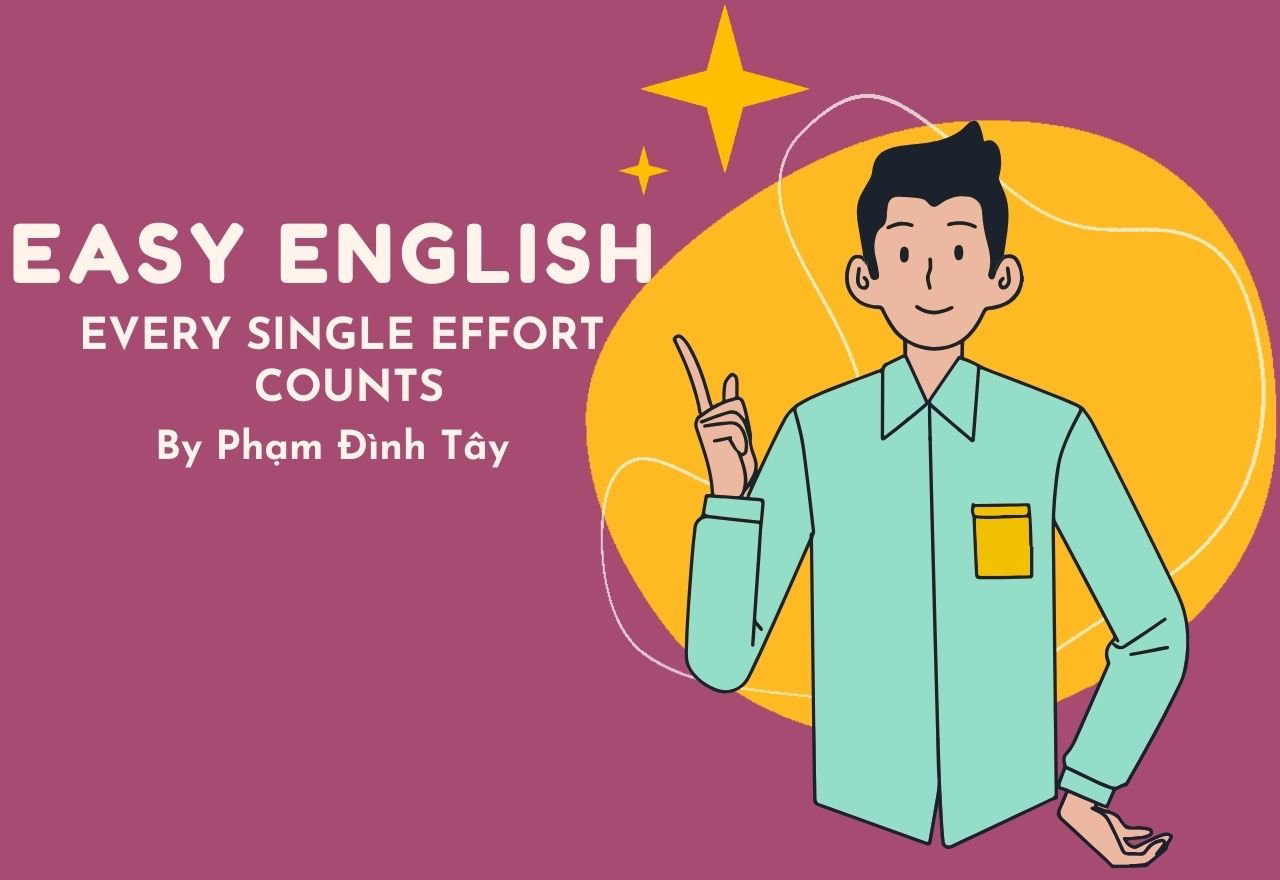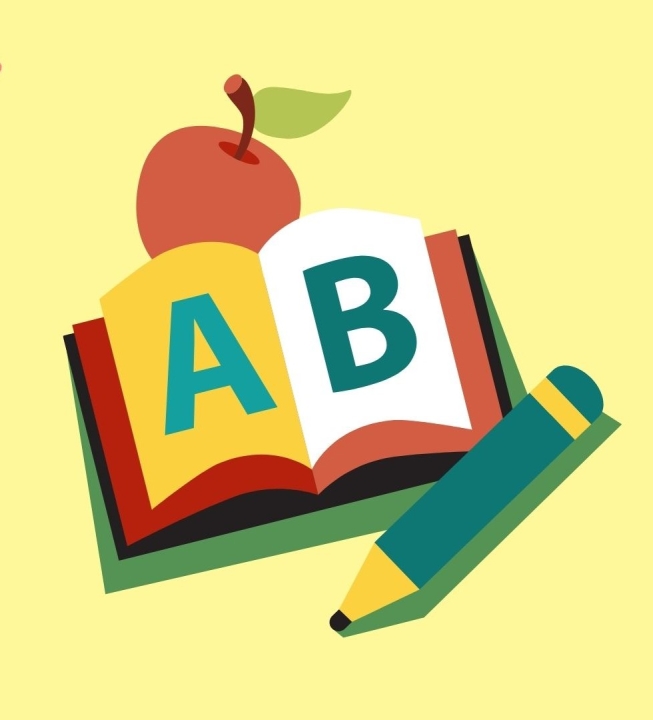Source: https://www.businessinsider.com/should-i-have-children-climate-change-2023-6
A reader asks the New York Times's "The Ethicist (nhà đạo đức học)" whether it's selfish and morally wrong (ích kỷ và sai trái về mặt đạo đức) to have children today because the world is apparently going to hell in a hand-basket (chuyển biến xấu một cách nhanh chóng) because of climate change.
"The Ethicist" (Kwame Anthony Appiah) provides (đưa ra) a long, thoughtful (sâu sắc) response (câu trả lời) to this question that boils down to (tóm lại là), "yes."
Kwame's got that right!
Today's 24/7 bombardment (sự tấn công dồn dập) of horrific and alarming (khủng khiếp và đáng báo động) headlines (các tiêu đề) — including many generated by (được tạo ra bởi) Insider and the New York Times — can create the impression that (tạo ra ấn tượng rằng) life is somehow worse or more dangerous or more uncertain (bất ổn) today than it has ever been. And, therefore (vì thế/vì vậy), it might be mean (xấu xa) or selfish or irresponsible (vô trách nhiệm) for would-be parents (những người có thể làm cha, làm mẹ trong tương lai) to bring children into the world.
Nope! Life is a spectacular (tuyệt vời) and astronomically unlikely (to lớn đến mức không thể tưởng tượng được) gift (món quà), no matter where or when it happens.
But more importantly (quan trọng hơn), despite (bất chấp) climate change, et al (và những người khác), the world actually isn't worse than it has ever been. In fact, across most measures (trong hầu hết các thước đo) that affect (ảnh hưởng) the quality (chất lượng) of human (if not animal or plant) life—life expectancy (tuổi thọ), income (thu nhập), health, death by violence (chết do bạo lực), medicine (y học), social awareness (nhận thức xã hội), and justice (công lý), to name a few — it's getting better all the time.
If you want a comprehensive review (một đánh giá toàn diện), Harvard University professor Steven Pinker expounds on (giải thích cặn kẽ) many of these trends (xu hướng) in a 2018 book called "The Better Angels of our Nature." But for immediate visual evidence (bằng chứng trực quan), the chart (biểu đồ) below from the treasure-trove site (trang web đầy thông tin hữu ích) "Our World In Data" sums it up (tóm tắt điều đó).
Over the past 200 years, the percentage of humans who live in extreme poverty (sống trong tình trạng cực kỳ nghèo đói) has declined (giảm) from 76% to 10%.
There are dozens of (hàng chục/tá) other encouraging (đáng khích lệ) trends like that.
Yes, 10% of humans living in extreme poverty is still way too many. And our world is heating up (đang nóng lên). And many of us still do suffer unduly (chịu khổ quá mức) and kill each other and die too early in tragic ways (một cách thê thảm). There are still too many diseases (bệnh tật) and conditions (tình trạng) that cripple (làm tê liệt) and incapacitate (làm mất khả năng vận động/lao động) us. Our education and justice systems need work. Our societies (xã hội) are still rife with (đầy rẫy) unfairness (sự bất công) and inequality (sự bất bình đẳng). The oceans are full of plastic. The rainforests and animals are being decimated (đang bị tàn phá). There are still wars. And so on (và nhiều thứ tương tự).
In short (tóm lại), we do still have a lot of pressing problems (vấn đề cấp bách) that we need to solve (giải quyết).
But we've always had those. And we always will.
Back in the 1960s, when my parents bravely decided (dũng cảm quyết định) to bring me into the world, the fear that was dominating (thống trị) the conversation was nuclear annihilation (sự hủy diệt hạt nhân) (arguably worse than climate change). That's still a risk, of course. Fortunately, we've managed to stave it off (ngăn chặn được nó) for the past half-century. Hopefully (hy vọng) we can continue to.
And, of course, in those days (vào thời đó), cigarettes and booze (rượu) and cars and planes and medicines and other products were routinely (thường xuyên) killing and maiming (gây tổn hại) us and destroying our lives and wrecking (hủy hoại) the environment, and our manufacturing processes (quy trình sản xuất) were a lot less safe (kém an toàn) than similar ones today. (When I was a kid, it was considered (điều đó được xem là) totally responsible parenting (nuôi con có trách nhiệm) to throw your kids in the car with no seatbelts (dây an toàn) or car seats!)
And, yes, over the 57 years that I have been lucky enough to be alive (còn sống), many of my peers (những người cùng trang lứa) have died far too young, including some who — through no fault of their own (không phải lỗi của họ) — found life too difficult to continue. And, like most families, mine has seen our share of difficult times and tragedies. (vừa… vừa…)
But I am grateful that (tôi biết ơn vì) my parents stomached their fears (vượt qua nỗi sợ của họ) and brought me into the world.
And I don't know anyone who feels differently.
So, yes, worried would-be parents, by all means (bằng mọi cách) have children. Life is a gift. Eventually, if they live long enough, your kids will be grateful to you for giving it to them.
Also, if you're even thinking about a question like this, it means you care — and, chances are (rất có thể), you'll pass that thoughtfulness and sense of responsibility on to your children. (truyền lại)
And we need more people like you in the world.

